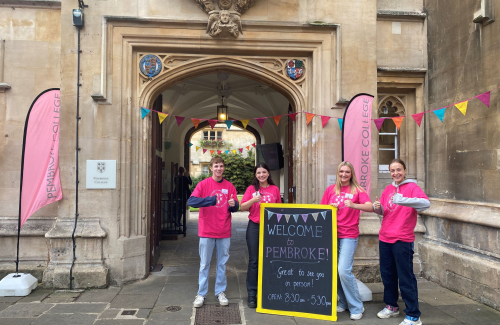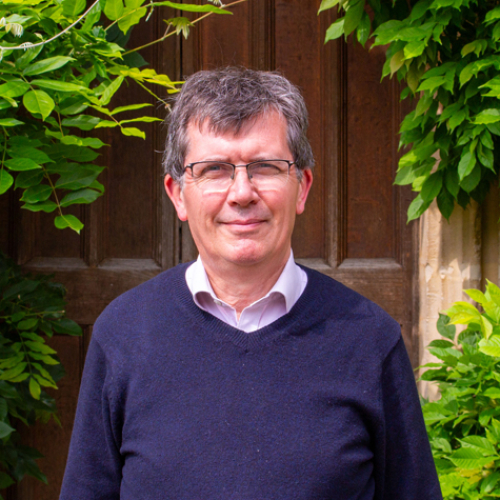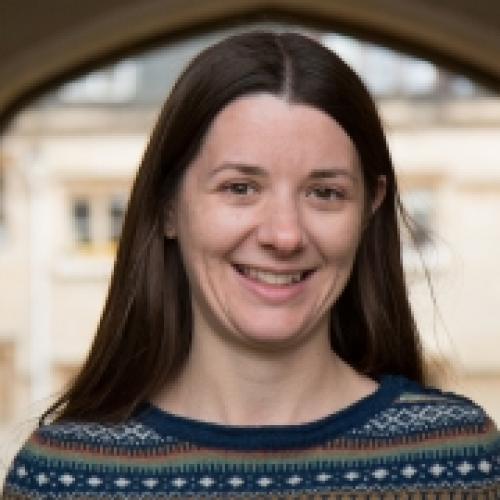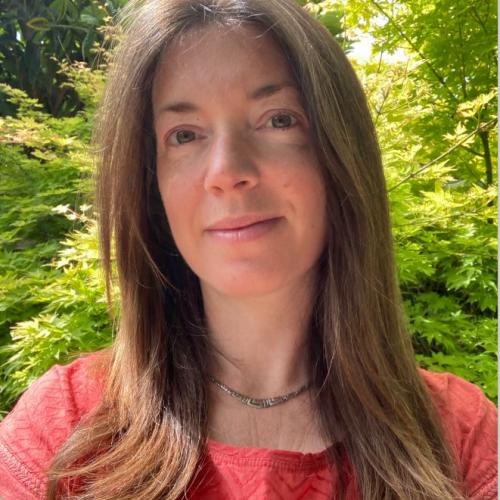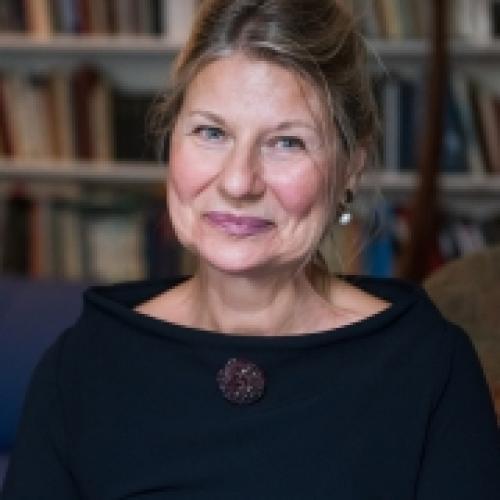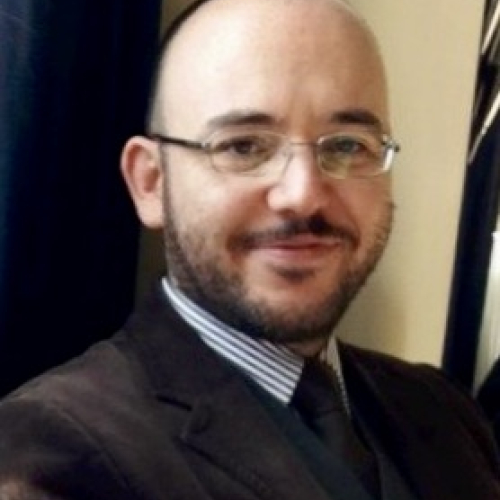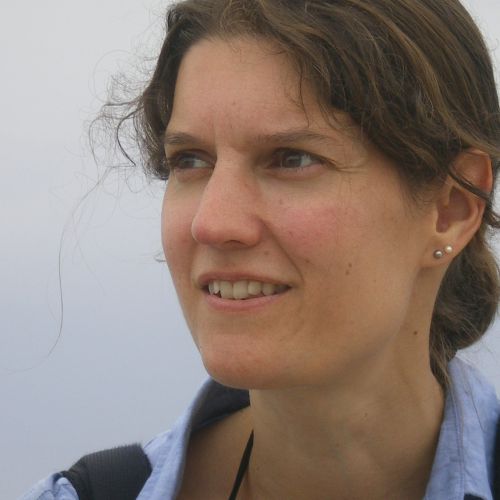Modern Languages
Why Choose Pembroke?
Pembroke is one of the larger language colleges in terms of tutors and students, offering an unusually wide variety of languages.
We have Fellows in French and Italian and lecturers in German, Spanish, Portuguese, Modern Greek and Linguistics Our key tutors in Modern Languages are Tim Farrant, Tutorial Fellow in French with research interests in 19th century French literature and culture, and Guido Bonsaver, Tutorial Fellow in Italian who, as a cultural historian, specialises on the relationship between Modern Italian politics, literature and film.
Modern Languages has a number of dedicated subject reps who organise events throughout the year, giving you plenty of opportunity to meet and socialise with students across multiple linguistic disciplines.

Have you considered our joint honours courses?
Modern Languages is also available to choose as part of a joint honours degree, with options such as History and Modern Languages, English and Modern Languages, Arabic and Middle Eastern Languages, Philosophy and Modern Languages and Modern Languages and Linguistics. Find out more about each of these on their respective course pages.
Meet Our Academics
Pembroke Modern Languages students are eligible for £100 of funding in their first year and another £100 in their final year towards the cost of books for their course for personal use. This is claimed from the librarian.
Currie Prize
-
The Currie Prize is worth approximately £300 and is awarded on tutors’ recommendation to the student giving the best performance in examinations.
Katie Prescott Scholarship
-
This scholarship, worth £300, is awarded on tutors’ recommendation to an undergraduate student in Modern Languages who achieves a Distinction in First Public Examination.
Christopher Pratt Prize (Spanish)
-
This Christopher Pratt Prize, worth approximately £200 per annum, is awarded on tutors’ recommendation to an undergraduate student reading Spanish who performs at the highest level.
Modern Languages
Why Choose Pembroke?
Pembroke is one of the larger language colleges in terms of tutors and students, offering an unusually wide variety of languages.
We have Fellows in French and Italian and lecturers in German, Spanish, Portuguese, Modern Greek and Linguistics Our key tutors in Modern Languages are Tim Farrant, Tutorial Fellow in French with research interests in 19th century French literature and culture, and Guido Bonsaver, Tutorial Fellow in Italian who, as a cultural historian, specialises on the relationship between Modern Italian politics, literature and film.
Modern Languages has a number of dedicated subject reps who organise events throughout the year, giving you plenty of opportunity to meet and socialise with students across multiple linguistic disciplines.

Have you considered our joint honours courses?
Modern Languages is also available to choose as part of a joint honours degree, with options such as History and Modern Languages, English and Modern Languages, Arabic and Middle Eastern Languages, Philosophy and Modern Languages and Modern Languages and Linguistics. Find out more about each of these on their respective course pages.
Meet Our Academics
Pembroke Modern Languages students are eligible for £100 of funding in their first year and another £100 in their final year towards the cost of books for their course for personal use. This is claimed from the librarian.
Currie Prize
-
The Currie Prize is worth approximately £300 and is awarded on tutors’ recommendation to the student giving the best performance in examinations.
Katie Prescott Scholarship
-
This scholarship, worth £300, is awarded on tutors’ recommendation to an undergraduate student in Modern Languages who achieves a Distinction in First Public Examination.
Christopher Pratt Prize (Spanish)
-
This Christopher Pratt Prize, worth approximately £200 per annum, is awarded on tutors’ recommendation to an undergraduate student reading Spanish who performs at the highest level.
